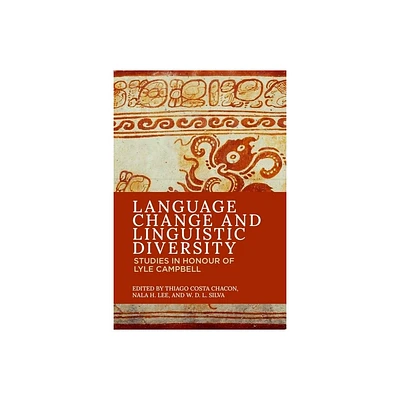Home
Roman Perspectives on Linguistic Diversity: Guardians of a Changing Language
Loading Inventory...
Barnes and Noble
Roman Perspectives on Linguistic Diversity: Guardians of a Changing Language
Current price: $83.00


Barnes and Noble
Roman Perspectives on Linguistic Diversity: Guardians of a Changing Language
Current price: $83.00
Loading Inventory...
Size: Hardcover
*Product Information may vary - to confirm product availability, pricing, and additional information please contact Barnes and Noble
Thirty years ago Robert Kaster's
Guardians of Language: The Grammarian and Society in Late Antiquity
investigated ancient Greco-Roman grammarians as social agents within their social and cultural context. This collection of twelve essays develops that line of inquiry by focusing on one dimension of their activity: how Roman grammarians - as well as scholars and intellectuals more broadly - described, made sense of, and resisted linguistic diversity within the Roman republic and empire. This includes social and diachronic variety within Latin as well as multilingual contact with Greek and other Mediterranean languages. The essays cover five centuries of Latin reflection on language, from Varro to the fifth or sixth century CE. The book concludes with an autobiographical Epilogue by Robert Kaster about the origins of
Guardians of Language
and updates to the prosopography of known ancient grammarians found in
Guardians
.
Guardians of Language: The Grammarian and Society in Late Antiquity
investigated ancient Greco-Roman grammarians as social agents within their social and cultural context. This collection of twelve essays develops that line of inquiry by focusing on one dimension of their activity: how Roman grammarians - as well as scholars and intellectuals more broadly - described, made sense of, and resisted linguistic diversity within the Roman republic and empire. This includes social and diachronic variety within Latin as well as multilingual contact with Greek and other Mediterranean languages. The essays cover five centuries of Latin reflection on language, from Varro to the fifth or sixth century CE. The book concludes with an autobiographical Epilogue by Robert Kaster about the origins of
Guardians of Language
and updates to the prosopography of known ancient grammarians found in
Guardians
.


















